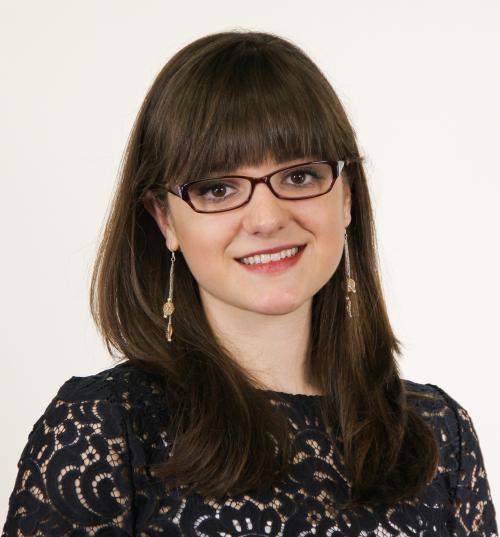The original museums were developed to be houses of curios, places where the bizarre and different could be put on display to be admired or commented on. By virtue of this fact, anything in the museum's collection was considered as separate from society and often times inferior. This has been a tremendous challenge for anthropology collections to work through as their missions have evolved to include educational goals and as society has become increasingly politically correct and sensitive to potential injustices. As a result, anthropology collections and museums as a whole have tried to adapt with varying degrees of success in such a way as to maintain their educational mission and display their collections without the stigma of those objects on display being considered "curios." This talk will focus on the question of whether museums should change and focus more on being cultural centers of learning or if there value in keeping a part of the history of museums alive through examples of what has and has not worked for museums and anthropology collections.
Michelle is a second-year PhD Student in the department of Criminology and Criminal Justice. Her background is in anthropology and art history, and her area of research centers on antiquities looting and trafficking in armed conflict zones. She also is interested in the antiquities market and other illicit markets more broadly, particularly in the how social network analysis and quantitative analysis can help to move our knowledge of these markets forward, to which she will devote a lecture in the spring.



